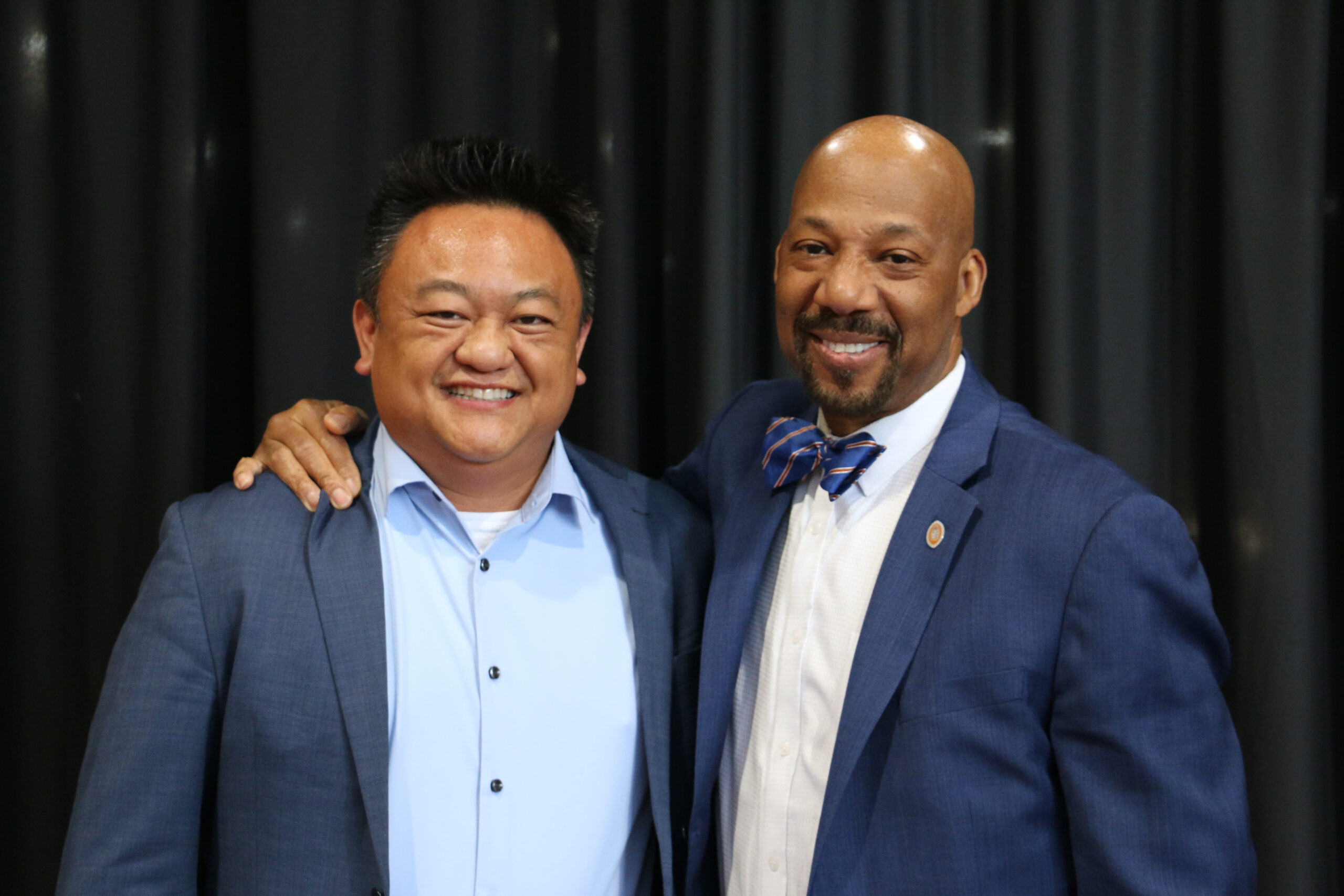Changes are afoot in theological education. On Friday, the General Synod ratified amendments to the Book of Church Order (BCO) that define the roles of the classis and the theological agents in the ordination process more clearly. Those changes both rename the Certificate of Fitness for Ministry as the Certificate of Readiness for Examination (CRE) and also implement that change. These changes were brought to the 2022 General Synod by the Pastoral Formation Oversight Board (PFOB), were unanimously approved by the classes, and were approved by the 2023 General Synod by a declarative vote (TE 22-1 and TE 22-2).
Learn what the changes to the CRE mean for seminaries, classes, and the students under their care.
Ministerial Formation Certification Agency Changes
Over the past several years, the Ministerial Formation Certification Agency (MFCA), which oversees the credentialing of ministerial candidates enrolled at non-RCA seminaries, has been making changes to its function and processes, including transitioning away from directly providing courses required for ordination in the RCA. The changes related to the new CRE designation also affect the MFCA’s role. The new BCO language emphasizes the role of the classis as primary in the ordination process, while the theological agent—New Brunswick Theological Seminary (NBTS), Western Theological Seminary (WTS), and the MFCA—is responsible for attesting that a candidate has been appropriately instructed and may be examined for ordination by the classis.
Because of this, the PFOB’s report laid out additional adjustments to theological education:
- With the MFCA no longer offering courses, students enrolled in non-RCA seminaries will need to meet their requirements elsewhere. Now students will take those courses at Western Theological Seminary (WTS) and New Brunswick Theological Seminary (NBTS).
- To facilitate communication among all parties affected by the changes (students, seminaries, and classes), the PFOB’s report commended the use of transcripts and the role of classis clerks through the transition.
- WTS, NBTS, and the MFCA are working to figure out how to handle the Clinical Pastoral Education (CPE) requirement for MFCA candidates.
During the MFCA report on Monday afternoon, interim director Dave Schutt shared his excitement for the ways these changes will enable the RCA to extend hospitality to new churches and leaders wanting to join the denomination. “It’s a time of change. It’s a time of transition, and in many places and in many ways within our denomination,” said Schutt, “Personally, I’m very excited about that. I believe that God is doing some fantastic new and wonderful things among us. I believe there is a very bright future. I believe as we walk in faith we will be able to experience that future together.”
Western Theological Seminary Changes
At the same time, the relationship between Western Theological Seminary and the denomination has changed. The 2022 General Synod approved a recommendation that changes the status of WTS from an RCA seminary to an “officially related” institution of the denomination. The WTS board of trustees requested this change in response to changing demographic trends in theological education, citing a desire to make the seminary more sustainable, to attract a wider pool of incoming students, and to raise support from a broader group of donors. WTS president Felix Theonugraha explained that the new relationship will ultimately strengthen the RCA: “Two years ago, 30 percent of our incoming class belonged to an RCA church; by the time of their graduation, 70 percent of them [were pursuing ordination] in the RCA. I believe that the more students we have, the more candidates for ordained ministers of Word and sacrament we will actually provide for the Reformed Church in America.”
Theological Education Assessment
In light of these shifts in the roles and relationships of the theological agents—NBTS, WTS, and the MFCA—the Pastoral Formation Oversight Board also spent time evaluating the distribution of the theological education assessment. The PFOB, together with NBTS president Micah McCreary, WTS president Felix Theonugraha, and MFCA interim director Dave Schutt, unanimously agreed that the assessment should be divided equally between the three agents. For 2024, the PFOB is requesting $415,000 (a 5-percent decrease from 2023), $15,000 of which is designated for collaborative work among the PFOB, General Synod professors, and the theological agents. The remaining $400,000 will be evenly distributed among WTS, NBTS, and the MFCA, instead of per RCA student as in prior years.
“PFOB members believe that it is in the best interest of the denomination that each of these organizations thrive and continue producing faithful ministers, pastors, and other church leaders,” said committee member Kim Van Es in her synod report Monday evening, “Supporting these institutions is a worthy use of our covenant share dollars.”
Commissioned Pastors
Finally, the PFOB report also acknowledged the need for further discussion about the training and inclusion of commissioned pastors in the RCA. Commissioned pastors are RCA elders who have been trained and commissioned by their classis for a specific pastoral role without requiring an MDiv and ordination as minister of Word and sacrament. For many years, a growing number of pastors have been following the commissioned pastor route, especially among Hispanic pastors coming from the Global South, in part because an MDiv has not historically been a standard requirement for ministry in those contexts. Because the classis oversees the commissioned pastor training, it varies widely across the denomination. Reporting a concern that commissioned pastors, though given the same responsibilities as ministers of Word and sacrament, “are often treated as second-class pastors within the denomination,” the PFOB expressed a desire to empower and support commissioned pastors within the RCA.
In order to address these concerns, the PFOB is considering and inviting feedback on a number of points:
- How to standardize the core competencies for commissioned pastors even as classes supervise the training in their respective contexts;
- How to create a process similar to the approved alternate route (AAR) for commissioned pastors to continue on to an MDiv; and
- Whether to reconsider the commissioned pastors’ designation as elder, in order to further support them, make their credentials transferable between classes, and ultimately facilitate church planting and growth.





